EU Enlargement Review 2024
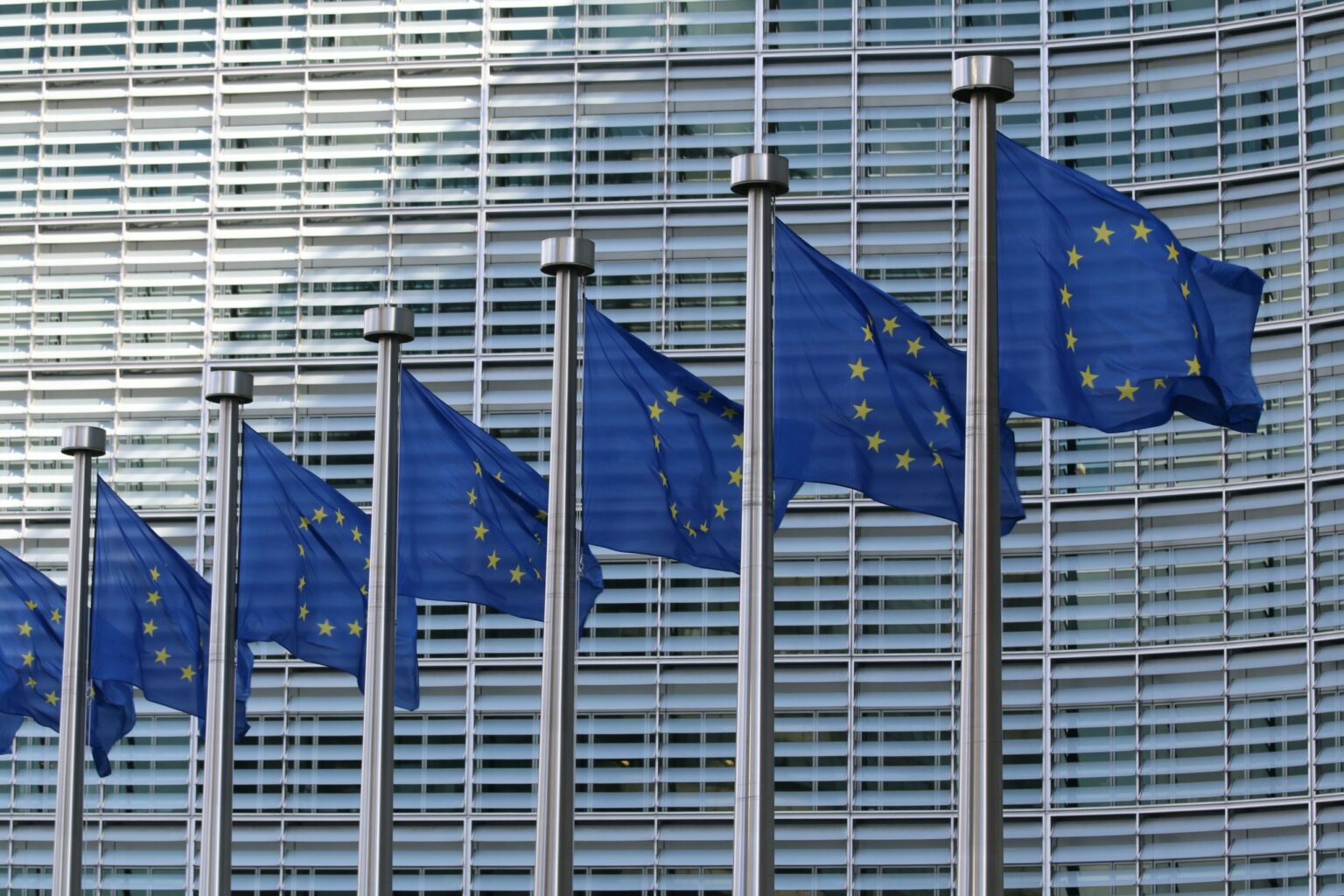
The fundamental rights of LGBTI people need to be a core part of the accession process and EU institutions need to work with the authorities in each accession country to ensure the gaps are tackled and important pieces of legislation are advanced over the next year.
The EU enlargement process has leverage and needs to be fully used to support the adoption of important legislation protecting the fundamental rights of LGBTI people, as well as call out when governments advance laws that go against EU principle of fundamental rights, democracy and rule of law.
Over the last year, not only have we seen the worrying trends of governments challenging the rule of law, an increase in LGBTI phobic hate speech by politicians and religious leader continuing and foreign influence being exerted to challenge advances on human rights continue, but in a number of candidate and accession countries, ruling parties have been pushing legislation forward that is actively limiting the human rights of vulnerable groups including LGBTI people. We have also seen governments putting forward Russian style foreign agent laws in Georgia and Republika Srpska in Bosnia- Herzegovina. LGBTI rights are being used to polarise society, often to distract from a broader undermining of democracy and the rule of law in these countries and other more important socio- economic and political issues.
The annual enlargement report process is a key moment to remind governments of the criteria that need to be met and point out where advancement on rule of law and the protection of fundamental rights are needed to advance the process. While in some countries progress has been too slow and the EU should ensure that important legislative processes are finally seen through (such as the legal gender recognition in Montenegro and partnership recognition for same-sex partners and a new hate crimes legislation in Ukraine), it is important to be very clear that the attempts to put forward laws that actively cancel EU fundamental rights cannot be tolerated and will need to lead to a reconsideration of the status granted by the EU.
It is especially important in this context that the EU insist that the protection of LGBTI people’s human rights are a core part, as they are often falling behind the requirements. The recommendations regarding the human rights of LGBTI people in the EU enlargement reports are key in holding governments accountable to the commitments made. This also means putting an emphasis on ensuring proper implementation of the laws protecting and granting access to fundamental rights. It is key that the EU makes this a priority in all the countries, also by supporting initiatives for training and education.
Through the region of all enlargement and candidate countries, we can clearly see how foreign forces are gaining influence and are challenging alliance with EU values and fundamental rights. The strength of disinformation and anti-LGBTI sentiment being spread across the Western Balkans region, particularly in Serbia, Bosnia and Herzegovina, Montenegro and North Macedonia, has intensified even more since Russia’s war in Ukraine, with LGBTI people and civil society as targets of smear campaigns, hatred and hostility, often originating from the government level, pro-Russia forces and religious leaders. We can see the anti-gender movement gaining more ground, spreading countless hostile and hateful statements and protests, disturbing public order and democratic processes. Politicians, religious leaders and newly formed organisations were among the most common perpetrators of hate speech, which translates into actual hate and violence against LGBTI people.
The anti-rights movement, which is well funded and coordinated, has taken root strongly in the Western Balkans region in the last years. In order to stand against this increasing influence of anti- gender forces and foreign governments trying to undermine the EU rule of law and democracy, strong civil society organisations are key as they continue to build social acceptance for fundamental rights, support vulnerable groups and are a corner stone of democratic societies.
The fact that LGBTI organisations in the Western Balkans have seen EU support decrease has further weakened their work and social cohesion in those countries. A number of LGBTI organisations had to close, and many at brink of closing, while they are facing organised attacks against their physical spaces, as well as against the legal framework which protects and guarantees their equal rights. The EU must be a supporting partner to these organisations, including their views meaningfully in consultations and negotiations, modelling civil dialogue as an important part of a democratic society, and continuing to support LGBTI organisations in the region through funding in the extremely fragile context.
EU Enlargement Review 2023
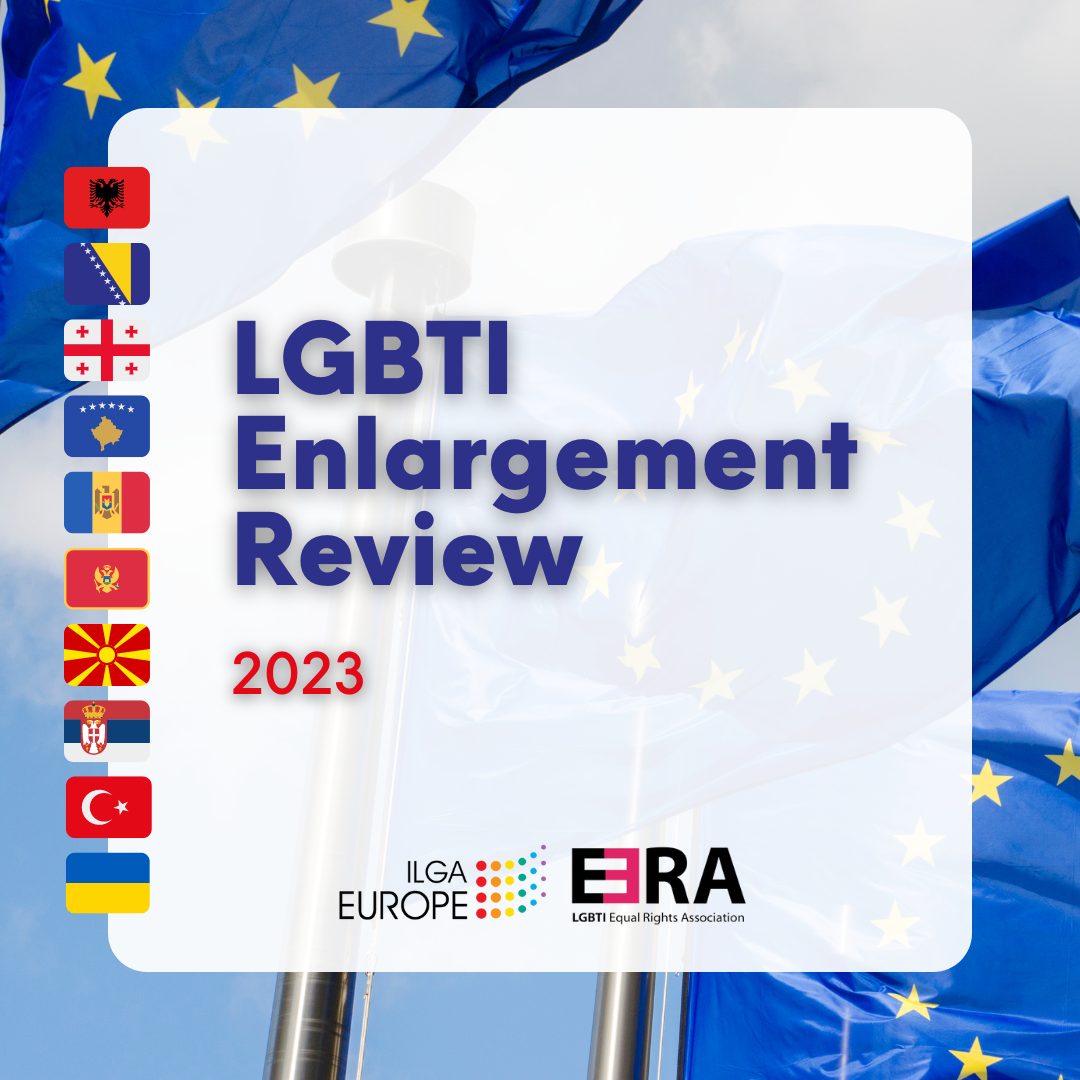
ILGA-Europe has worked with ERA – LGBTI Rights Association for the Western Balkans and Turkey, to produce our annual LGBTI Enlargement Review, assessing gaps in legislation and policy for the protection and advancement of the human rights of LGBTI people in the enlargement countries, and identifying priorities the EU should insist authorities in each country need to tackle in the coming year, as identified by LGBTI activists in the respective countries.
2022 was an historic year for the enlargement process, as the EU expanded its promise of a perspective for EU accession to include Ukraine, Moldova and Georgia, following the beginning of Russia’s war in Ukraine on 24 February 2022. All three countries are now included in the EU’s annual enlargement reporting process. As ILGA-Europe has member organisations in all of the newly added countries, this year’s LGBTI Enlargement Review covers the perspectives of LGBTI civil society from all ten countries: Albania, Bosnia & Herzegovina, Georgia, Kosovo, Moldova, Montenegro, North Macedonia, Serbia, Turkey and Ukraine.
This year’s LGBTI Enlargement Review also follows a new format. We wanted to particularly highlight the importance of implementation of already existing policy and legislation, as it has become commonplace for Enlargement countries to adopt a legal framework aligning with EU standards, but not actually implementing it. As a result, each country chapter is divided into the below headings:
- Main legislation/policy to be drafted/adopted to ensure non-discrimination and access to justice for LGBTI people (priorities for the coming year)
- Implementation of already-existing legislation/policy
- Legislation/policy in process
- Feedback on the European Commission’s 2022 Enlargement Report (where applicable)
- Recommendations to the EU
These headings are then complemented by a section linking readers to the respective country chapter of ILGA-Europe’s Annual Review 2023, in order to understand the reality on the ground and more nuanced context, which often varies significantly from legislative frameworks. The chapter on Turkey is structured in a different way, in order to present the current state of play prior to the elections in May, and will be updated to reflect the priorities that emerge after the elections.
In all of the enlargement countries, we can unfortunately identify a clear trend of rule of law being challenged, foreign influence being exerted to challenge advances on human rights, including the rights of LGBTI people, and an increase of hate speech translating into violence on the ground, as well as ongoing challenges to freedom of assembly and association.
In this context, LGBTI topics are being used to polarise society, often to distract from a broader undermining of democracy and the rule of law in these countries and other more important socio-economic and political issues.
It is thus important that the EU renews a clear prospect for EU enlargement, not only for Ukraine, Moldova and Georgia, but most importantly in the Western Balkans. The commencement of accession talks with Albania and North Macedonia is an encouraging step in this regard. It is important that the EU places LGBTI rights firmly into all its considerations, and that demands on advancing the protection of the human rights of LGBTI people are put on the same footing as important processes on fighting corruption and advancing the rule of law.
Statement: EuroPride Goes Ahead in Belgrade Despite Calculated Obstruction
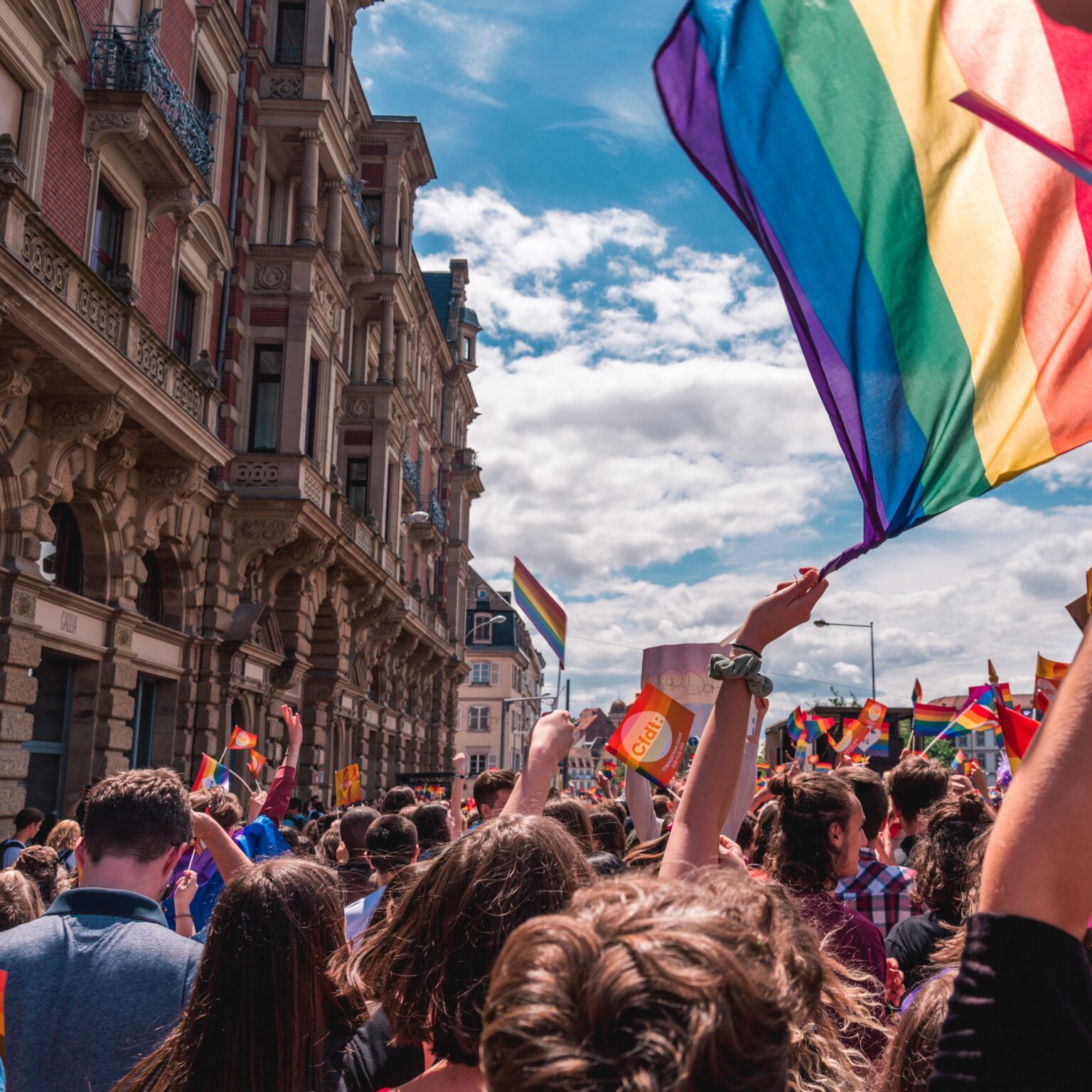
All at ILGA-Europe send our support and solidarity to the organisers of EuroPride and Belgrade Pride, the LGBTI community in Serbia and the Balkans, who have demonstrated such courage and resilience today.
According to Evelyne Paradis, who will be in attendance at the march in Belgrade at 5pm, “The fact that a gathering is taking place after all of this should not be mistaken as the Serbian government upholding its obligations on the right to freedom of assembly.
“They have done everything in their power until the very last minute to obstruct, to discourage, and to intimidate the organisers.
“Beyond the Pride march itself, the risks of increased vulnerability to violence and hatred are very real for citizens in Belgrade and beyond, following repeated anti-LGBTI statements by political and religious leaders in Serbia.
“The unfolding of events since President Vucic announced he would ban EuroPride is a clear case of instrumentalising LGBTI people for political purposes; using LGBTIs as pawns in larger political games, as far-right, anti-democratic forces gain ground with support of external influence.
“I am proud to march with every participant in Belgrade, as we exercise our right to be in this public space, and our inalienable human right to freedom of assembly.”
Statement on the Ban of EuroPride Route in Belgrade
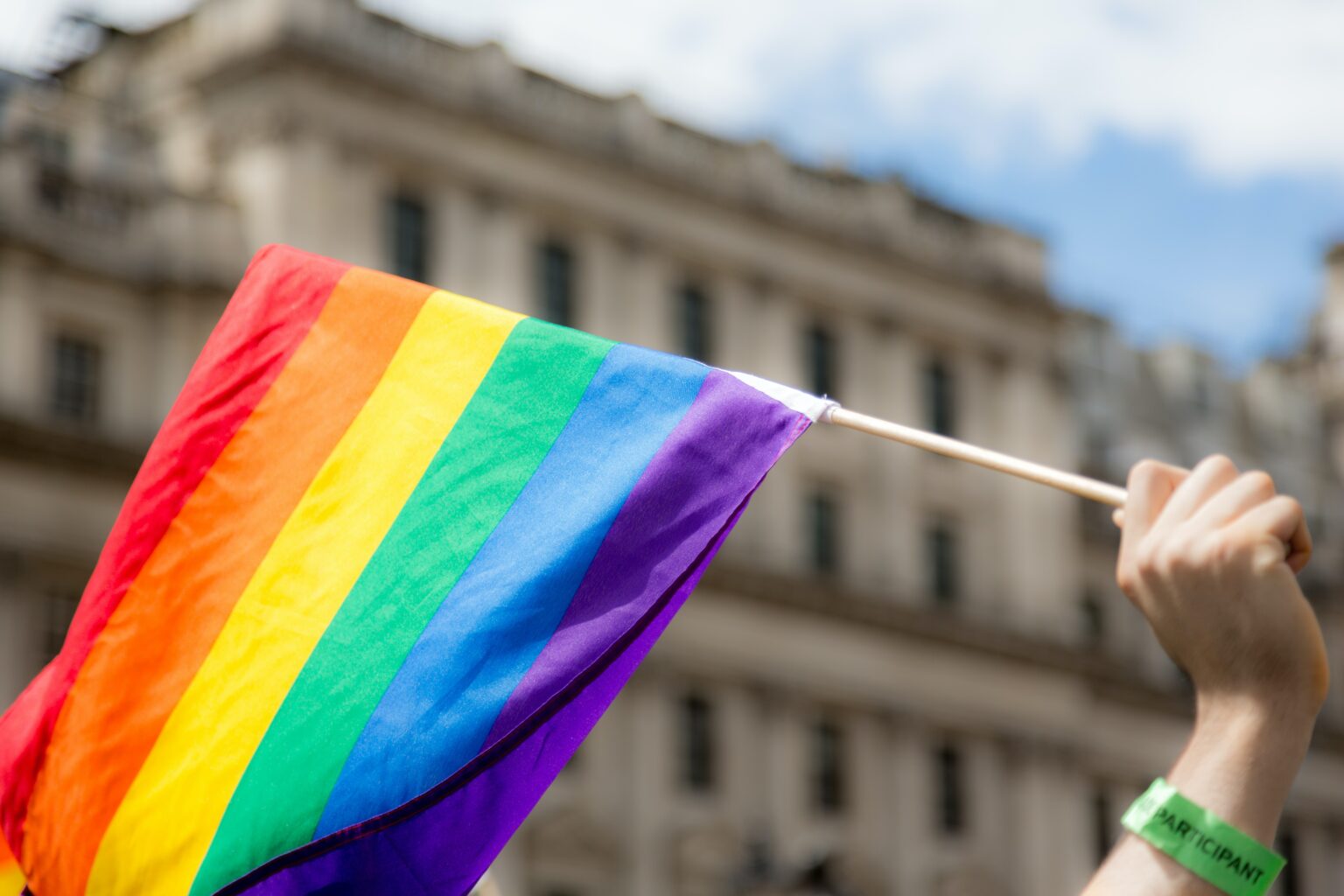
Today, the Serbian police announced an official ban on the route of the EuroPride march in Belgrade this coming Saturday.
On August 28, the Serbian President Aleksander Vučić announced that the EuroPride march in Belgrade planned for September 17 would not go ahead. Today, the Serbian police instead announced a ban on the route for the parade, which had already been agreed between the organisers of Pride and the Serbian authorities.
In response to the ban, our Executive Director, Evelyne Paradis, said, “ILGA-Europe strongly condemns the ban of the EuroPride route announced by the Serbian police, and is deeply concerned by the persisting attempts by the Serbian authorities to prevent the Pride March from going ahead, and taking place safely. Not only is the Serbian government clearly failing to respect its obligations under human rights law to ensure freedom of assembly for all citizens, they also fuel anti-LGBTI rhetoric which puts LGBTI people and community at increased risk of violence.
“We call on the Serbian government to ensure that everyone who wants to join the March on Saturday 17th September in Belgrade is fully able to exercise their right to freedom of assembly, and that they are fully protected both during the march itself and on the streets of Belgrade in its aftermath.
“I will be there to march alongside Belgrade Pride organisations who have already been working for a long time to organise a safe and peaceful EuroPride march this weekend.”
For further comment, please reach out to our press and media officer ana@ilga-europe.org
ILGA-Europe strongly condemns President Aleksandar Vučić’s statement announcing a cancellation of EuroPride 2022
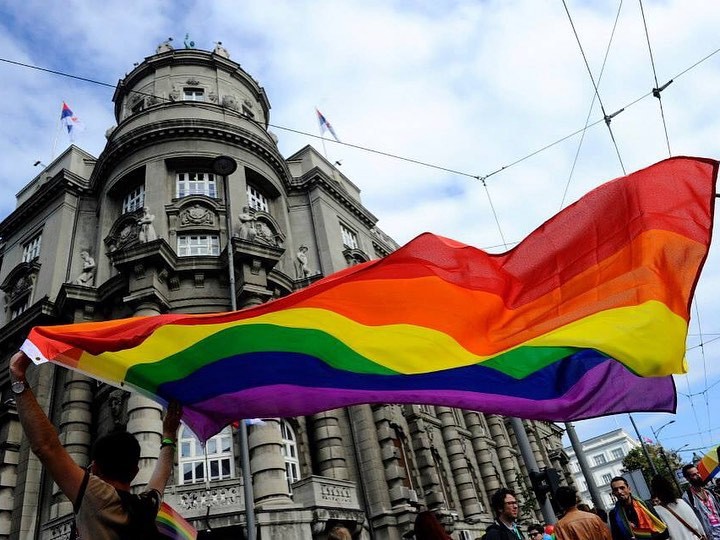
We want to remind President Vučić of Serbia’s commitments under the European Convention of Human Rights, especially with respect to ensuring the effective enjoyment of right to freedom of assembly and expression, as reaffirmed through multiple judgments of the European Court of Human Rights.
Serbia also has an obligation to ensure that participants in peaceful demonstrations, including LGBTI public events and marches, are effectively protected and able to exercise their right safely. Acknowledging that Pride organisers have held safe and peaceful pride marches for 8 consecutive years in Belgrade, we trust that Serbian authorities have demonstrated they can address any security concerns which may arise.
Evelyne Paradis, ILGA-Europe’s Executive Director, commented: “Equality, justice and freedom are not matters that can be put aside when political and economic problems arise. On the contrary, they are cornerstones of building free, democratic and prosperous societies, which should therefore be a priority at all times for any government.”
Many people will be coming to Belgrade for EuroPride 2022, including several European officials, acknowledging the importance of holding the event for the first time in the Western Balkans. ILGA-Europe will also be joining to celebrate with the LGBTI community the growing support from the wider population for LGBTI people in the region.
We therefore reiterate our full support to the organisers of EuroPride 2022 and to the entire LGBTI+ community in the Western Balkans region.
EU Enlargement Countries Called on to Urgently Ensure Protection of the Human Rights of LGBTI People

Published today, ILGA-Europe’s Annual Enlargement Review urgently calls on all EU enlargement countries to properly implement their anti-discrimination, hate crime and hate speech legal frameworks, in the context of rising anti-gender, anti-rights and far-right groups.
ILGA-Europe and the LGBTI Equal Rights Association for Western Balkans and Turkey (ERA), have published their annual Enlargement Review, which outlines the developments in recognising and respecting the human rights of LGBTI people in each enlargement country (Albania, Bosnia and Herzegovina, Kosovo, Montenegro, North Macedonia, Serbia and Turkey) from January to December 2021.
The annual LGBTI Enlargement Review acts as an LGBTI submission to the Enlargement Progress Reports of the European Commission. These reports are a detailed annual assessment of the state of play in each candidate country and potential candidate country, outlining what has been achieved over the last year and what remains to be achieved.
This year’s Enlargement Review is published in the context of rising Euroscepticism in the enlargement countries, as well as a significant rise of anti-gender, anti-rights and far-right groups across the region. Misinformation and discriminatory speech against LGBTI people has been spread in public discourse via national broadcasting and political processes, leading to the prevention of the development of laws and policies inclusive of LGBTI people. As a result, despite some welcome significant advancements in the preparation and drafting of legislation to protect the human rights of LGBTI people this year, much of this legislation is currently stalled.
The Annual Enlargement Review recognises that the EU accession process has been a strong driving force for change in the recognition of the human rights of LGBTI people in the region, and it encourages this continued commitment by outlining the laws and policies that are still needed to ensure full and genuine protection of the human rights of LGBTI people, and by providing recommendations to each country’s authorities and to the European Union.
At ILGA-Europe, we hope to see the current legislative gaps closed, in particular regarding family rights, legal gender recognition based on self-determination, and the protection of intersex people’s human rights. With the rise in anti-gender, anti-rights and far-right groups, we renew with increased urgency our call on all countries to properly implement their anti-discrimination, hate crime and hate speech legal frameworks.
Further information:
Each country’s submission is arranged under the following headings. In cases where organisations have no updates to share, the respective heading has been left out. Each thematic heading also contains recommendations for the national authorities.
- Summary of key developments
- Main action points for the coming year
- Bias motivated violence, hate speech, hate crimes
- Education
- Employment
- Equality and non-discrimination, including legislation and enforcement
- Freedom of assembly, association and expression
- Health
- Human rights defenders
- Public opinion and attitudes
- Recognised unions for same-sex couples
- Rights and equal treatment of trans people
- Rights and equal treatment of intersex people
- A supportive and enabling environment for civil society
- Recommendations on how the EU delegation/European Commission can support LGBTI CSOs
ILGA-Europe’s submission to Progress Reports of the European Commission 2021
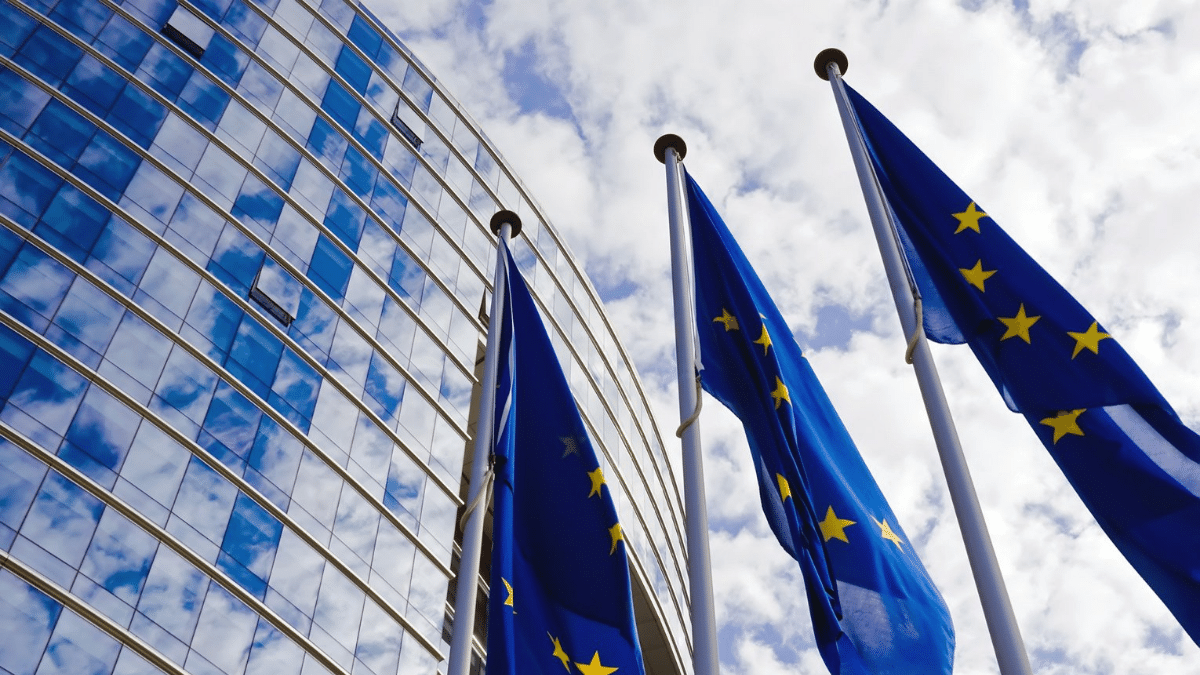
LGBTI Enlargement Review 2021
Even with the rise of Euroscepticism in the Western Balkans and Turkey, the EU accession process continues to be a driving force for change in the recognition of the human rights of LGBTI+ people. The annual enlargement report process is a key moment to remind governments of the criteria that need to be met and point out where advancement, especially regarding the protection of LGBTI people, is still falling behind the requirements. The recommendations regarding the human rights of LGBTI+ people are key tools supporting LGBTI+ organisations in the region to engage with their governments and hold them accountable to the commitments made.
To ensure an accurate representation of the developments regarding the human rights of LGBTI+ people, ILGA-Europe and ERA, together with member organisations in EU enlargement countries, have compiled this submission to the Progress Reports of the European Commission.
This report reflects developments in recognising and respecting the human rights of LGBTI+ people in each enlargement country from January to December 2021. In addition to outlining key developments and challenges on the road to LGBTI equality, the report also highlights gaps in legislation and policy for the protection and advancing of the human rights of LGBTI+ people and the priorities which authorities in each country should tackle in the coming year, as identified by LGBTI+ activists in the respective countries.
Enlargement Reviews – ILGA-Europe’s submissions to Progress Reports of the European Commission
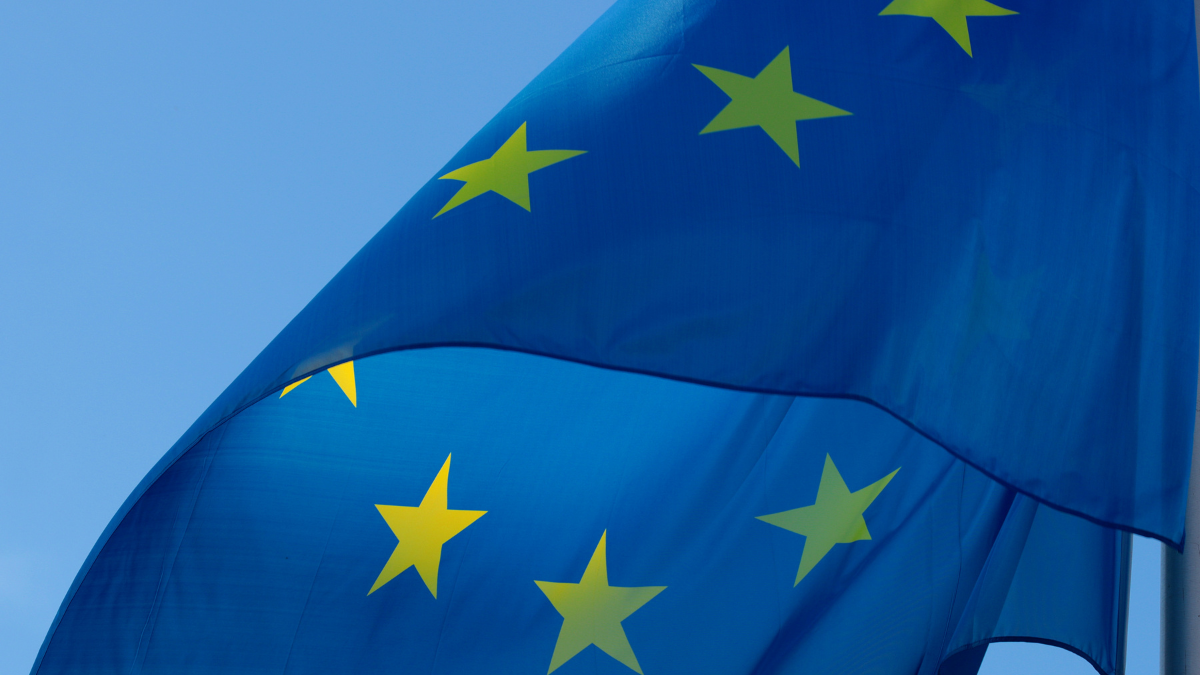
ILGA-Europe has in partnership with national organisations provided the European Commission with detailed documentation on human rights violations against LGBTI people in all candidate and potential candidate countries throughout the year which is included in the submissions to the Progress Reports.
2023
2021
2020
2019
2018
2017
2016
ILGA-Europe’s submission to Progress Reports of the European Commission 2020
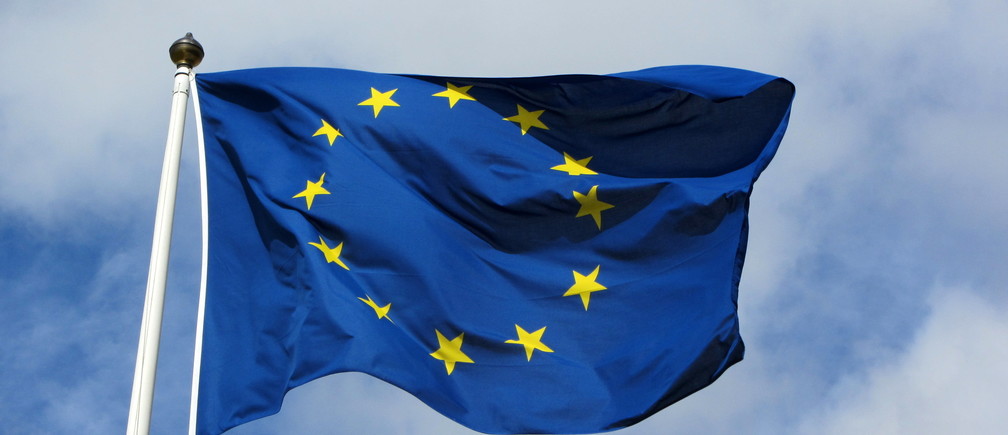
LGBTI ENLARGEMENT REVIEW 2020
In order to ensure an accurate representation of the developments relating to the human rights of LGBTI people ILGA-Europe and ERA, together with our member organisations in EU accession countries, have compiled this submission to the Progress Reports of the European Commission.
This report reflects developments in the recognition and respect for the human rights of LGBTI people in each accession country during the period from January through December 2020. It is intended to assist the European Commission in assessing the progress made en route to EU accession in each country to date. In addition to outlining key developments and challenges on the road to LGBTI equality, the report also highlights gaps in legislation and policy for the promotion and protection of the human rights of LGBTI people, and the priorities which authorities in each country should tackle in the coming year, as identified by LGBTI activists in the respective countries.
In light of the devastating impact of the Covid-19 pandemic this year on the LGBTI community and work of LGBTI activists, we have also included information about its impact, and the necessary assistance that the EU can help provide in supporting LGBTI people. ILGA-Europe and ERA members have reported that the LGBTI community has been heavily impacted by the Covid-19 pandemic and that state support services have failed to reach the most vulnerable in LGBTI communities. As a result, LGBTI NGOs have had to adapt their previous plans and budgets to cover humanitarian aid gaps within the State response to the crisis, providing food, hygiene kits and shelter to LGBTI people who have lost their jobs or been rendered homeless. This has left organisations depleted in terms of human resources and finances, and they have found donors and funders in many cases to have not been flexible with their funding. Even funding specifically earmarked for Covid-19 response has not been possible to use for service provision and support. Given the unsustainable response by governments, it is more essential than ever for the EU to support LGBTI people in the accession countries via funding for supporting LGBTI communities and community-needs advocacy. This funding is essential in order to allow LGBTI NGOs to support the community during the pandemic and ensuing economic crisis, and for them to also have the financial and human resources capacity to continue advocacy work for legislative and policy change within the accession framework. A survey conducted by ERA with its members in the summer of 2020, found that the Covid-19 related measures taken by governments have had numerous negative consequences for the LGBTI+ community including: interruption of essential health services by state institutions, inability to receive essential community services from NGOs, heightened levels of homelessness, increased incidents of domestic violence, closure of LGBTI+ businesses, a significant loss of jobs and rising mental health problems. LGBTI+ organisations have also faced challenges due to the Covid-19 pandemic measures including: loss of funding, closure of community centres, cancellation of services and other activities as well as a general shift towards emergency humanitarian work for LGBTI+ people in need.
ILGA-EUROPE’S SUBMISSION TO PROGRESS REPORTS OF THE EUROPEAN COMMISSION 2019

LGBTI ENLARGEMENT REVIEW 2019
In order to ensure an accurate representation of the developments relating to the human rights of LGBTI people ILGA-Europe and ERA, together with our member organisations in EU accession countries, have compiled this submission to the Progress Reports of the European Commission.
This report reflects developments in the recognition and respect for the human rights of LGBTI people in each accession country during the period from January through December 2019. It is intended to assist the European Commission in assessing the progress made en route to EU accession in each country to date. In addition to outlining key developments and challenges on the road to LGBTI equality, the report also highlights gaps in legislation and policy for the promotion and protection of the human rights of LGBTI people, and the priorities which authorities in each country should tackle in the coming year, as identified by LGBTI activists in the respective countries.
We hope that this input will be useful in the process of assessing the progress of each country to date, and in identifying key priorities in the coming year.
We also hope that this report will be used as guidance by the EU officials, MEPs and EU representatives in the accession countries throughout the year, when referring to rights of LGBTI persons in the accession countries and the much needed further improvement of their position in society and within legal and policy frameworks.
The EU accession process has been, and continues to be, a driving force for change in the recognition of the human rights of LGBTI people throughout the region. Year on year the human rights of LGBTI people continue to feature notably in the reports, assessing progress to date and setting out recommendations for the authorities to implement in the future. In order to ensure this implementation, we deem it necessary to extend this reporting process so that it includes mechanisms for the follow-up of the recommendations to national governments, and for reporting back to civil society on how data published in the reports are used in this regard throughout the year. In this way we can ensure that the reports reach their full potential when it comes to securing social and legal change for the rights of LGBTI people in the region.
Alarming Rise in Hate Attacks on European LGBTI Communities

As a sharp rise in hate attacks on LGBTI communities in Hungary, Serbia and Poland is reported, ILGA-Europe calls for the EU Commission to step up its leadership in the protection of fundamental rights
Just one week on from winning the bid for Euro Pride 2022, Belgrade’s Pride Information Centre was attacked yesterday by a gang of fans of the Red Star football team, who kicked windows and threw glass bottles. It is the fourth attack on the premises since December of last year and the centre is under police protection. However, although the police were informed of the possibility of this attack, they did nothing to prevent it. The Serbian authorities said they would not investigate the attack since no one was injured and the property was not damaged.
On Saturday, counter-protestors at the Equality March in the Polish city of Lublin were found to be in possession of explosive devices, gas canisters and firecrackers. A couple carrying a home-made bomb was arrested at the beginning of the march and are now being detained for three months before being charged. According to a court expert, the bomb could have caused deaths at the march.
One week ago in Budapest, on September 26, the neo-Nazi group Our Nation Movement (Mi Hazánk Mozgalom) disrupted a movie screening about tackling bullying LGBTQ youth at schools. Between five and ten members of the group broke into the screening room carrying banners saying “Stop LGBT Propaganda” and “Zero Tolerance”, shouting and insulting the participants.
When the police arrived on the scene they silently stood by and watched as the Our Nation Movement members repeatedly threatened participants with “beating them up” and demanded “banning faggots”. Only when someone poured a cup of yoghurt on the Our Nation Movement banner, did the police intervene.
In all three countries, Hungary, Poland and Serbia, there have been moves to impose restrictions on LGBTI people, and a rise in political anti-LGBTI hate speech.
In 2017 the Hungarian Prime Minister, Viktor Orbán hosted an American Christian organisation that has been accused of being an anti-LGBT hate group. Opening the event, Orbán accused the European Union of being dominated by a “relativising liberal ideology that’s an insult to families.”
In October last year Orbán issued a decree revoking funding for gender studies programmes in Hungarian universities and on September 9 this year, Orbán said that if his candidate is elected the next major of Budapest, he will change the Constitution to ban lesbian and gay people from adopting.
Despite being led by a lesbian Prime Minister, in August of this year, the right-wing Serbian government banned artificial insemination and IVF for anyone who has a history of homosexual relations during the last five years.
In Poland, the governing Law and Justice (PiS) party have made countering “LGBT Ideology” part of its platform for the country’s October 13 elections. In July, a government-sponsored newspaper issued ’LGBT-free zone’ stickers in advance of an Equality march in the city of Bialystok. A law graduate in the capital of Warsaw compared the stickers to anti-Jew signs displayed by the Nazis in Germany.
Says Katrin Hugendubel, Advocacy Director with ILGA-Europe: “We strongly condemn any attack on LGBTI communities, whatever form they take. Particularly worrying is the escalation in violence in Poland, where explosive devices were taken to the Lublin Equality March, presumably intending to cause grievous bodily harm or death.
“These attacks are integrally linked to roll-backs in legislation, anti-LGBTI hate speech from those in authority, and in the case of the Serbian and Hungarian attacks, a serious lack of intervention by the police and state authorities. The safety of the LGBTI community is not separate from the safety of all who live in Europe, and the erosion of that safety is a marker for the erosion of all fundamental human rights. That is why now, more than ever, we need governments and international institutions to stand strong on fundamental rights and against hate and discrimination, and we need the next European Commission to adopt an EU-level LGBTI strategy to step up its leadership and actions in the protection of fundamental rights.”
ILGA-EUROPE’S SUBMISSION TO PROGRESS REPORTS OF THE EUROPEAN COMMISSION 2018
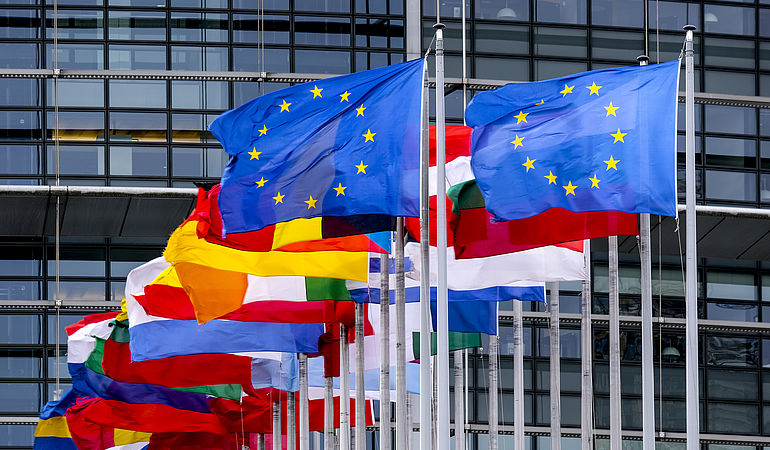
LGBTI ENLARGEMENT REVIEW 2018
The EU accession process has been, and continues to be, a driving force for change in the recognition of the human rights of LGBTI people throughout the region not only through the criteria that countries have to meet, but through the annual Enlargement Reports. Year on year the human rights of LGBTI people continue to feature notably in the reports, assessing progress to date and setting out recommendations for the authorities to implement in the future , as well as providing a key tool used by LGBTI organisations in the region to engage with their governments and hold them accountable for the commitments made.
In order to ensure an accurate representation of the developments relating to the human rights of LGBTI people ILGA-Europe, together with our member organisations in EU accession countries, have compiled this submissions to the Progress Reports of the European Commission.
This report reflects developments in the recognition and respect for the human rights of LGBTI people in each accession country during the period from January through December 2018. It is intended to assist the European Commission in assessing the progress made en route to EU accession in each country to date. In addition to outlining key developments and challenges on the road to LGBTI equality, the report also highlights gaps in legislation and policy for the promotion and protection of the human rights of LGBTI people, and the priorities which authorities in each country should tackle in the coming year, as identified by LGBTI activists in respective countries.
We hope that this input will be useful in the process of assessing the progress of each country to date, and in identifying key priorities in the coming year.
Serbian authorities must fully protect and respect the rights of trans people
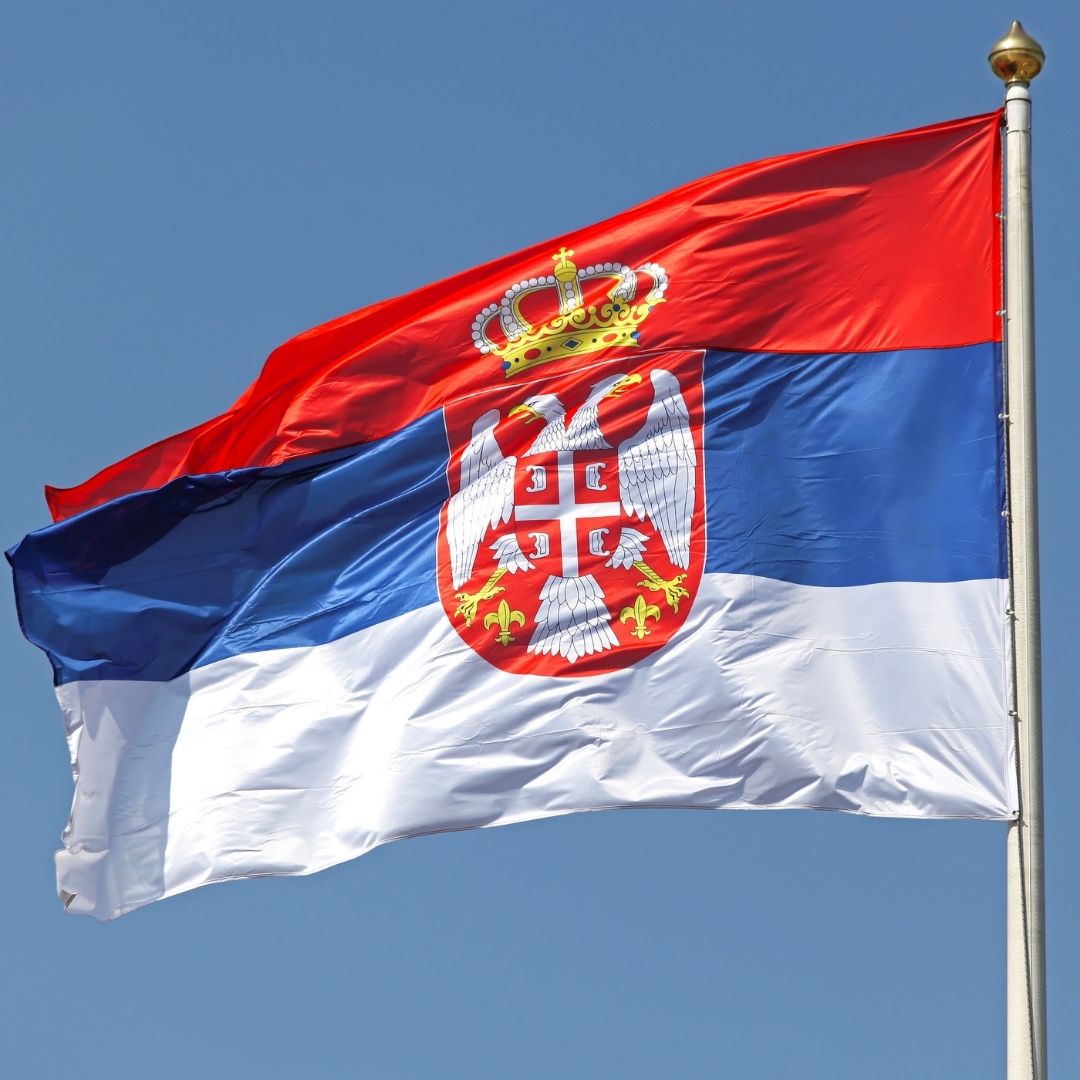
Joint statement from ILGA-Europe and Transgender Europe (TGEU).
ILGA-Europe and Transgender Europe have been informed that the Serbian Parliament is about to reform the law on Registry Books, and through this change, to oblige by law trans people who would like to change their legal gender to go through gender affirming surgeries.
Any obstacle to legal gender recognition makes trans people’s daily life a nightmare.
We call on the Serbian Government and on Members of the Parliament to either remove or reject this law and to work, together with the trans community, on a draft law that would fully protect and respect the fundamental rights of trans people.
ILGA-EUROPE’S SUBMISSION TO PROGRESS REPORTS OF THE EUROPEAN COMMISSION 2017

LGBTI ENLARGEMENT REVIEW 2017
This report reflects developments in LGBTI people’s rights in each accession country since October 2016, in particular in reference to recommendations identified by the European Commission in last year’s Enlargement Reports, as well as highlighting the key priorities that LGBTI organisations have identified for the coming year. As human rights more broadly, and the human rights of LGBTI people more specifically, continue to hold an ever stronger position among the Copenhagen Criteria accession countries are required to meet prior to becoming eligible for admission into the EU, this report is intended to assist the European Commission in assessing the progress made in each country to date, and providing clear guidance on reforms or measures that still need to be taken. In turn, the Enlargement Reports issued by the European Commission are a key tool used by LGBTI organisations in the region to engage with their governments and hold them accountable for the commitments made.
Good practices: Gayten-LGBT

Thank you to Gayten-LGBT (Serbia) for sharing your good practices with us as part of the Come Out for Mental Health campaign!
Within Reach. Making LGBTI rights a reality in South East Europe by 2020
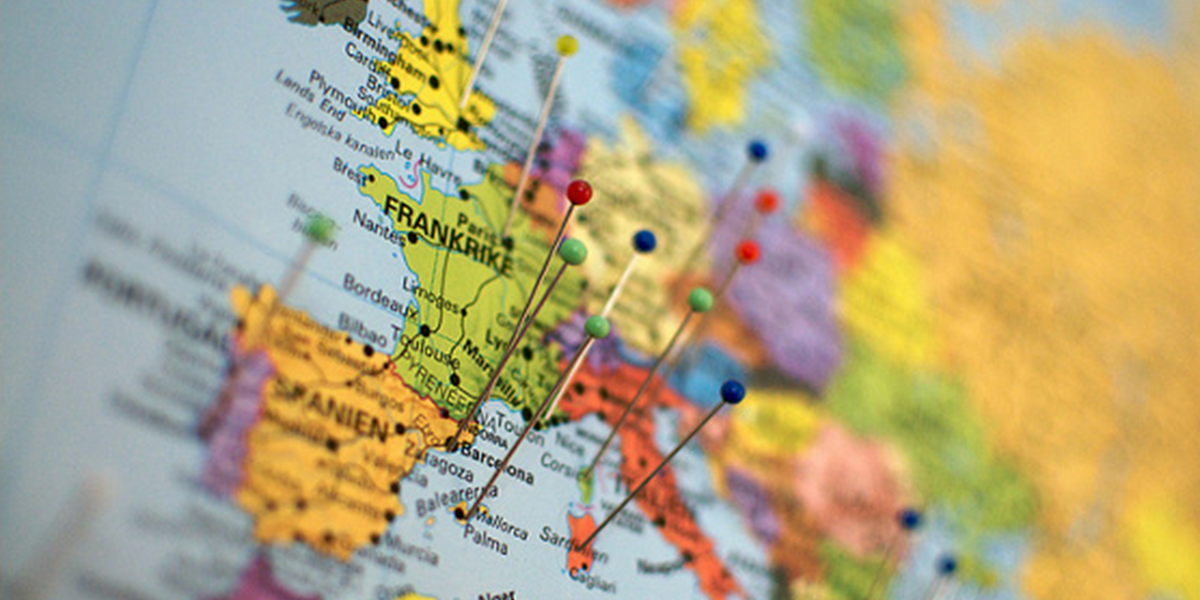
This paper was composed by ILGA-Europe, on behalf of Sarajevo Open Centre, to inform decision-makers in both the EU and its accession countries in the Western Balkans about advocacy priorities regarding LGBTI issues in the region in the coming year.
The situation for LGBTI people is at a pivotal moment in most accession countries. Much has been achieved over the last years, mainly due to EU accession process, with key developments in anti-discrimination and hate crime legislation, respect for freedom of assembly and expression, and an increase in the number and capacity of LGBTI civil society organisations.
Yet much is left to be done to ensure the human rights of LGBTI persons in the region. This is a unique moment in time for taking the next steps. Governments in the region are keen to progress in order to join the EU, which provides an opportunity for the LGBTI movement to reach further to achieve several key aims, including effective implementation of existing legislation across urban and rural areas, promoting an enabling environment for civil society, and pushing for adoption of legal gender recognition and registered partnership for same sex couples.
This paper sets out the state of play and overarching policy aims for the region as a whole in the coming years, as well as shedding light on each country specifically. It wascomposed by ILGA-Europe, on behalf of Sarajevo Open Centre, to inform decision-makers in both the EU and accession countries about advocacy priorities regarding LGBTI issues in the coming years. The paper is based on interviews with and input from LGBTI organisations active in the region: ProLGBT (Albania), SOC and UNDP (Bosnia), CSGD (Kosovo*), Subversive Front and LGBT Support Center (‘The former Yugoslav Republic of Macedonia’), Queer Montenegro (Montenegro), Labris and Gayten (Serbia), ERA – LGBTI Equal Rights Association for the Western Balkans and Turkey, Civil Rights Defenders, Trans Network Balkan and TGEU (regional).
MILICA DORDEVIC and others v. Serbia

Ban on Belgrade Pride marches
(Application nos. 5591/10 17802/12 23138/13 25474/14), 17 November 2014
Find Court’s communication here.
- This group of cases relate to the banning of the 2009, 2011, 2012 and 2013 Belgrade Pride marches, because of the possible danger of violent counterdemonstrations. The applicants complained of State’s failure to protect their freedom of assembly due to discriminatory intent on the part of the state authorities based on the actual or perceived sexual orientation of the applicants and potential participants in the Parade.
- ILGA-Europe together with the International Commission of Jurists submitted the following:
- States should be afforded a narrow discretion in relation to the means used or measures to be taken in preventing violence or disorder, particularly where the threat of violence or intimidation comes primarily from counter-demonstrators; can reasonably be anticipated; and is directed at groups most at risk.
- States must put in place an adequate legislative and administrative framework to guarantee and facilitate the right to freedom of assembly.